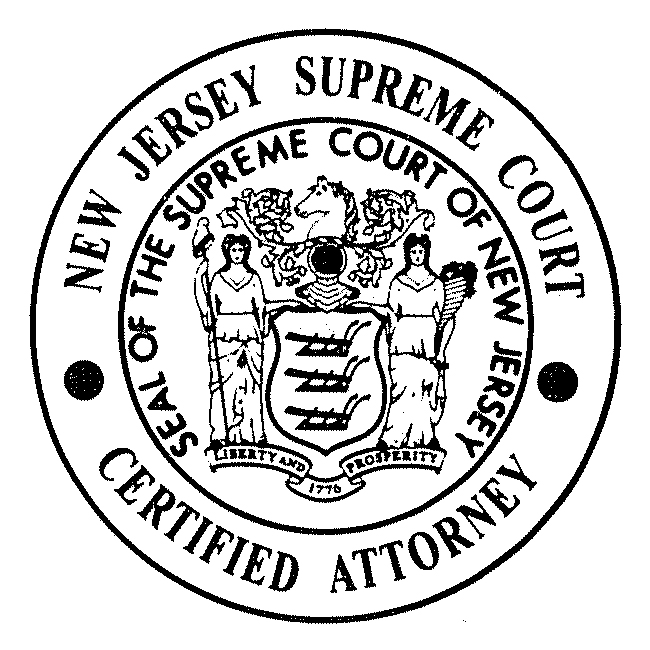Could your breast implants be causing cancer?

Hundreds of reports were recently filed with the Food and Drug Administration that identified that having a particular type of breast implants could increase your chances of developing a very rare but serious form of cancer known as Anaplastic Large Cell Lymphoma. Textured breast implants have been linked with numerous cases and a possible association has been identified between the implantation of these devices and the development of ALCL.
This extremely rare form of non-Hodgkin’s lymphoma may be referred to as BIA-ALCL when the cancer is connected. More than 350 separate medical device reports have been filed associated with cancer and these breast implants and at least 9 women in the United States have died although others have passed away in various parts of the world. It is not yet clear exactly how these breast implants lead to BIA-ALCL. According to research, they have been connected to far more textured implant cases than smooth implants. The sandpaper-like surface of these textured implants somehow plays a role in the development of lymphoma.
Many women only receive a diagnosis of BIA-ALCL after they have reached out for medical help for their symptoms. If you have any type of breast implant, in particular, if you know that your implants have a textured surface, then you should be aware of the symptoms of the development of breast cancer including:
- Lymphoma symptoms such as night sweats, chest pain, back pain and large lymph nodes and tiredness.
- Breast changes, including the development of lumps, swelling, hardening of the implant, redness, and asymmetrical appearance
If you believe that may you have developed breast cancer as a result of your breast implants, you need to consult with an experienced attorney immediately. The lawyers at Team Law are currently speaking to individuals who believe they have developed breast cancer because of breast implants. To learn more about the steps to take, contact our office today at 800-832-6529.
The articles on this blog are for informative purposes only and are no substitute for legal advice or an attorney/client relationship. If you are seeking legal advice, please contact our law firm directly.
 CALL NOW
CALL NOW






